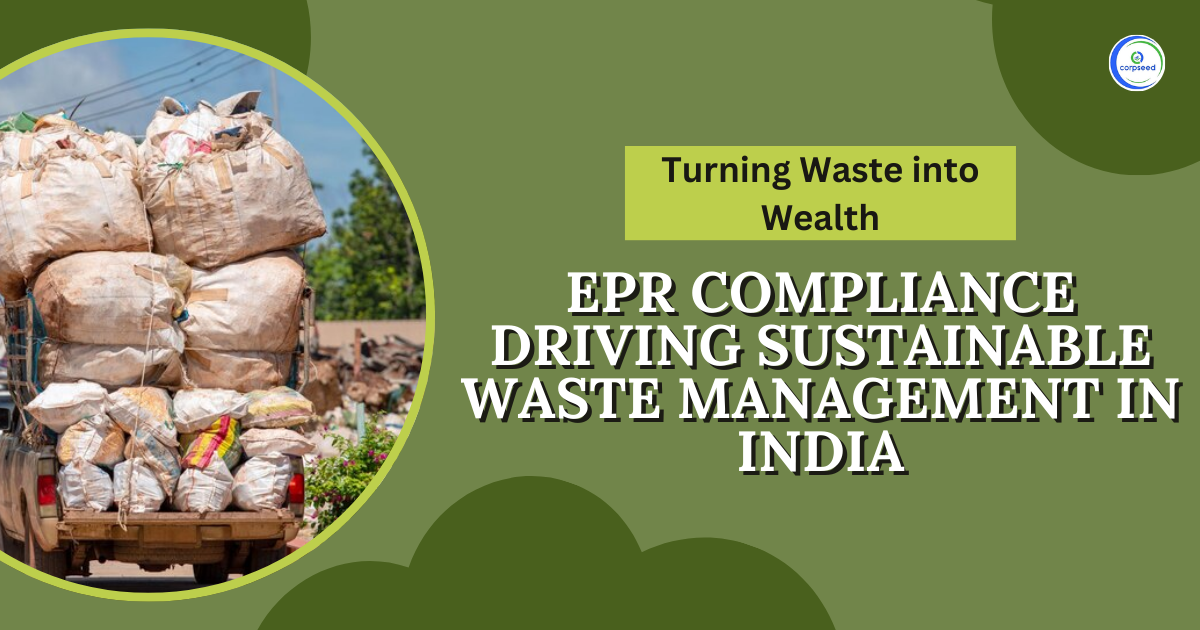Introduction: Extended Producer Responsibility
Waste from the routine life of people has been a concern for quite a time now and in lieu of that concern various steps are taken to ensure the proper recycling to such waste. Extended producer responsibility is one such step that the government implemented to ensure that the obscene amount of waste dumped is taken care of, by way of recycling. Viewing the statistics of waste produced in India horrifies those people who understand the harmful effects and problems that this waste would create for humans and the environment. EPR is the producer’s responsibility to clean the mess they have created and the mess their products will create in the near future. EPR is a necessary step government introduced to combat the polluters of the environment.
Table of Contents
--------------Blog Contact Form-------------
India was in critical need to make laws and regulations regarding recycling waste as the amount of waste production, be it plastic waste or e-waste, is becoming a huge problem. The government implemented rules extending the producer's responsibility in India to ensure the recycling of waste gets done. Plastic Waste Management Rules have made producers accountable for collecting back the plastic waste produced from their products under Extended Producer Responsibility. The brand owners, producers and manufacturers i.e. generators of the waste are now mandatory to minimise waste through segregation of waste sources and is mandatory to hand over it to the local bodies. This does not mean that home-to-home segregation has to be done by producers now. It is still the responsibility of the urban local bodies. It would be completely impractical. And for efficient implementation of EPR, it is essential that waste segregation must be done at source. One flaw to point out in these rules for waste management would be that it does not implement duties on the producers for participating in another part of waste management i.e. recycling, transportation, material recovery and final disposal. Producers must be involved in all the aspects not just only the collection.
Framework of EPR
EPR has started the work crucially needed by India, still has a long way to go but has initiated the most important work of helping people understand their duties and responsibility towards waste management. It has created a national platform where brand owners, producers, importers, PROs, stakeholders and recyclers are bound to register. Manufacturers, producers, brand owners and importers are bound to share all the details of plastic used and consumed by them nationally. Producers, importers and brand owners (PIBO) would work on targets assigned to them by the Central Pollution Control Board (CPCB). PIBOs and manufacturers are required to submit a report quarterly on the disposal and collection of packaging plastics online into the portal, which includes MLPs. If not opted for a fee-based mechanism, PRO has to ensure that an equivalent amount of plastic is being collected and processed by PIBO. PIBO is required to obtain certain certificates from accredited processors such as cement co-processors, W2E plant operators, users utilizing plastic in the road and recyclers.
These certificates will be issued in exchange of any evidence of recovery or recycling of waste and will be used as an ERP compliance. The portal for database repository, registration and monitoring the implementation of EPR will be regulated and designed by the Central Pollution Control Board. These targets are just not optional but mandatory and heavy penalties will be levied if not complied with the targets. Supreme Court recently slammed lakhs or rupees as fine on different states and union territories for not complying with EPR rules.
In the Indian Council for Enviro-Legal Action v. Union of India, a concept of polluter pay was introduced.
EPR espoused the principle of polluters' pay that was encouraged by judicial activism. If the burden of recycling and collection of waste is put on the head of the taxpayer, that would be immoral and unethical and to support such ideology EPR was implemented. It cannot be the responsibility of the government but the producers must pay for the adverse effects their product put on the environment. The Organisation of Economic Cooperation and Development has been focusing on the polluters pay principle since the 70s and it successfully resulted in the EPR policy later. The sustainability of waste management was improved by the implementation of the polluters pay principle in the Waste management rules. Though, India has come a long way to improve its policies regarding waste management still it needs a lot of perfection in order to combat the adverse effect put on the environment. But these policies are only useful when put into effect. Implementing policies is not the end of the problem. People of the country must be educated about the policies and benefits from such policies and must be encouraged to comply with the policies for the benefit of mankind.
Consumers must understand the concept of proper disposal rather than a convenient disposal route. In India, the local kabadiwala and scrap dealers are the ones individual customers prefer to go to rather than depositing their e-waste in take-back systems set up by the producers. This not only give rise to the informal sector causing adverse effects on the environment but also gives a reason to producers of electronic materials not to invest in recycling processes.
E-Waste and Plastic Waste Management Rules does not cover the model for the collection of waste from customers. It includes policies for other processes but not the collection of waste from individuals which is a loophole producers tend to take advantage of.
Municipalities does not take much interest in recycling or proper management of waste. Municipalities must play an active role in managing e-waste or plastic waste. Recently, the Supreme Court of India reprimanded Delhi Municipal Corporation regarding the irregularities in their management. India can take a cue from many countries where municipalities take an active part in the management and has produced altering results in managing waste materials.
It is concluded that India has been trying its best to manage e-waste and plastic waste by implementing policies and rules. Even Supreme Court and other legislative authorities have taken interest in the management regarding its adverse effects on the environment. EPR is one such step taken to procure proper management of waste. Producers have been given the responsibility to clean the mess they have created.
This portion of the site is for informational purposes only. The content is not legal advice. The statements and opinions are the expression of author, not corpseed, and have not been evaluated by corpseed for accuracy, completeness, or changes in the law.
BOOK A FREE CONSULTATION
Get help from an experienced legal adviser. Schedule your consultation at a time that works for you and it's absolutely FREE.
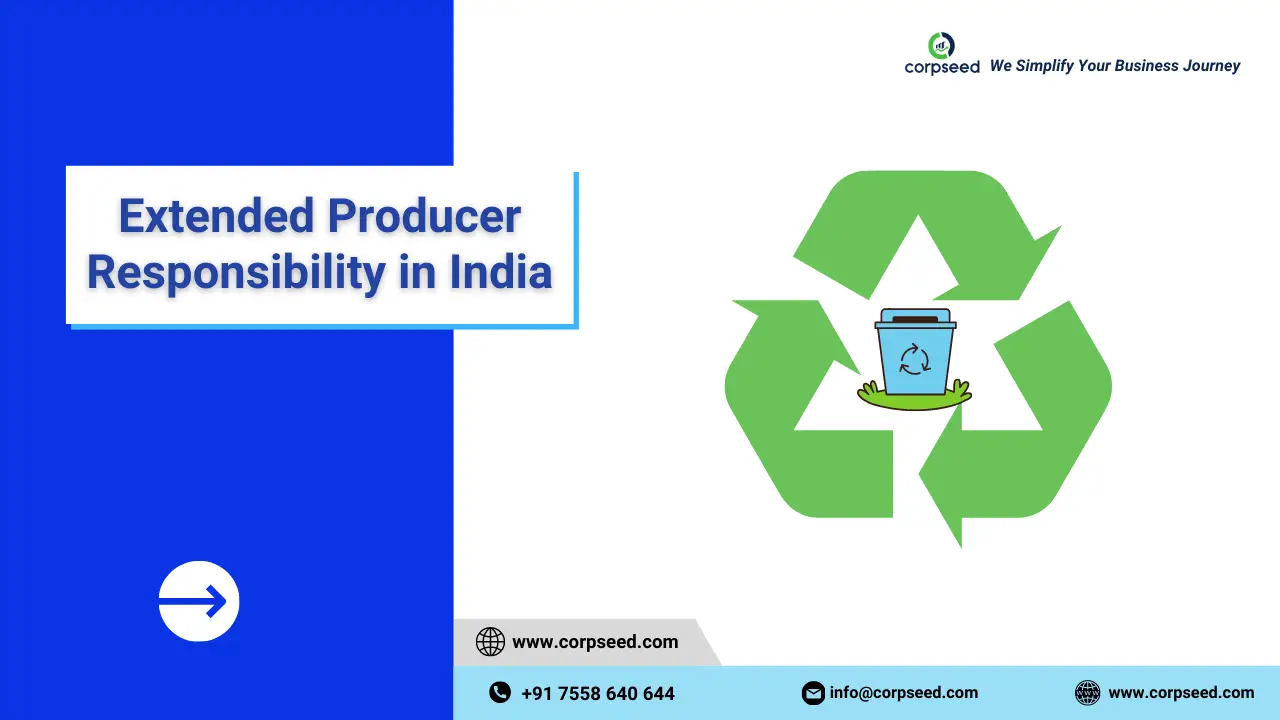

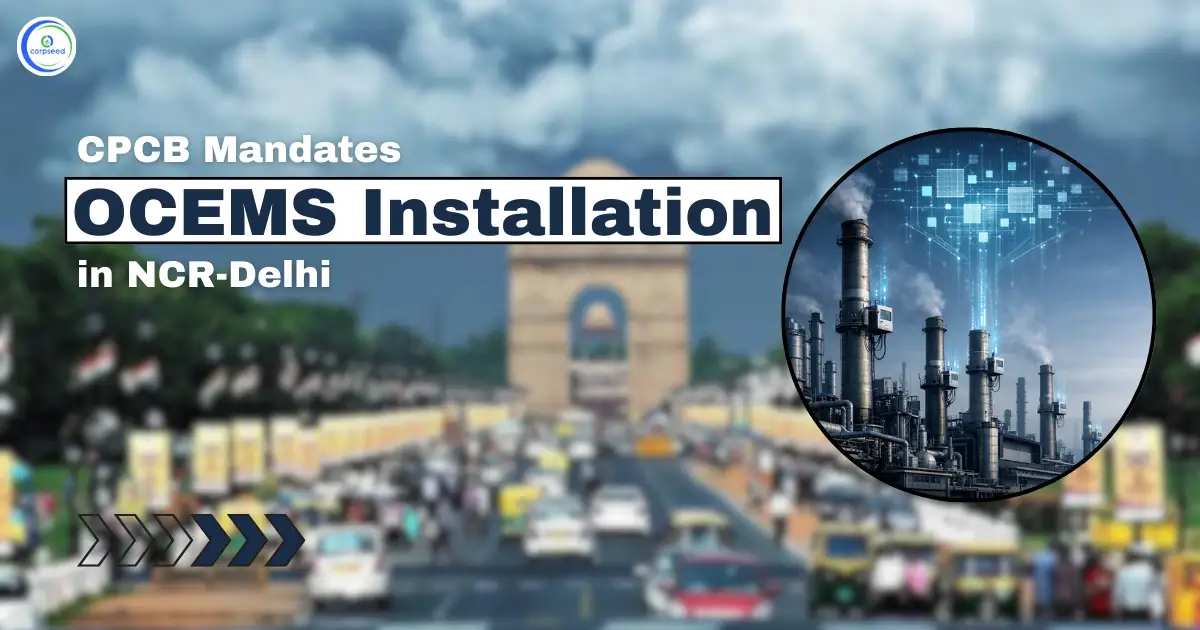
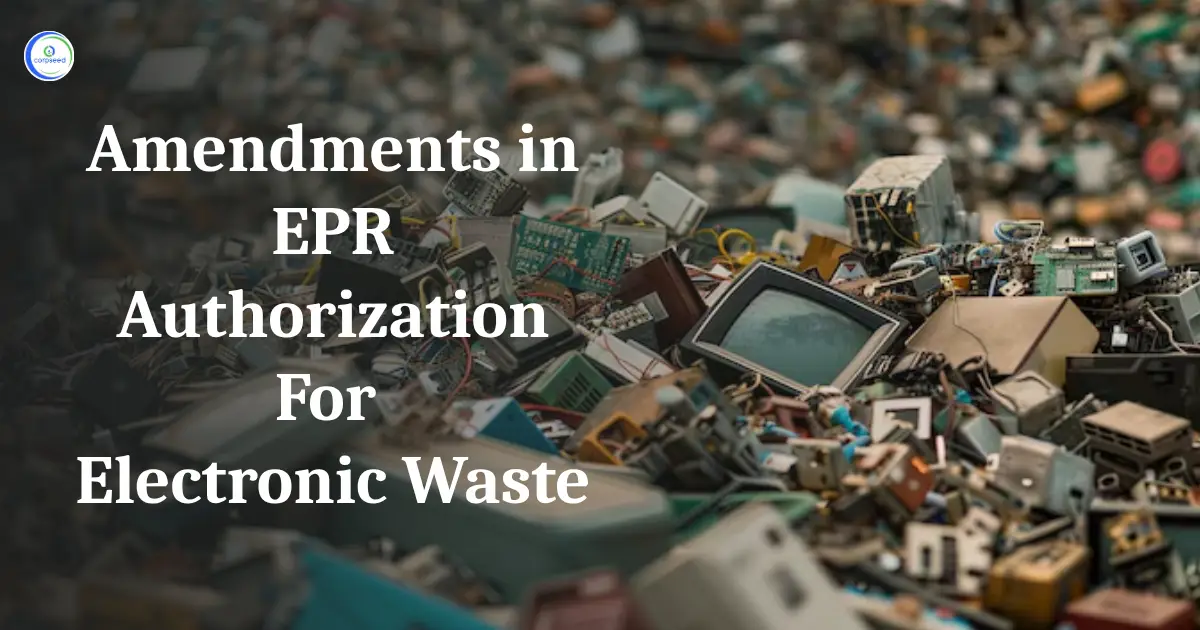
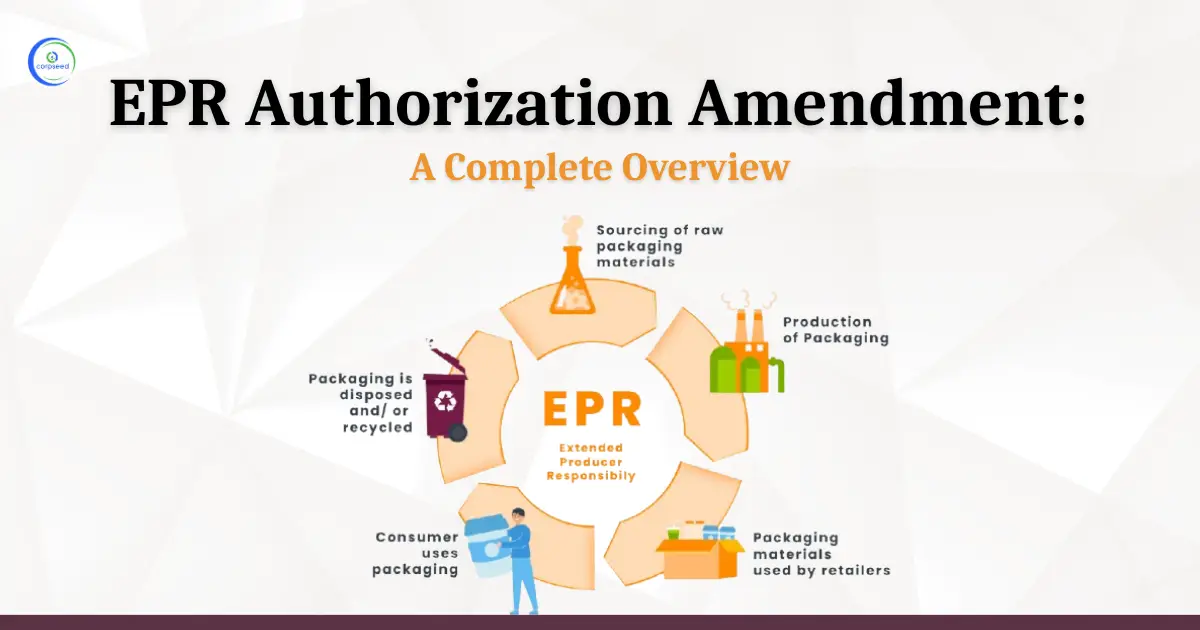
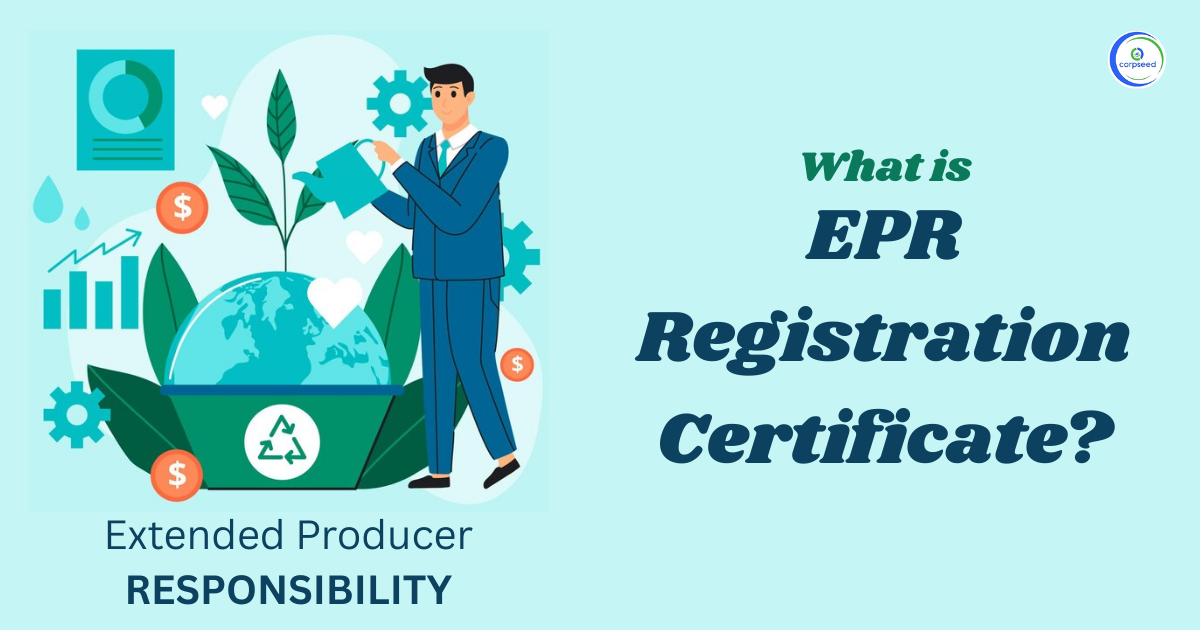
.webp)
